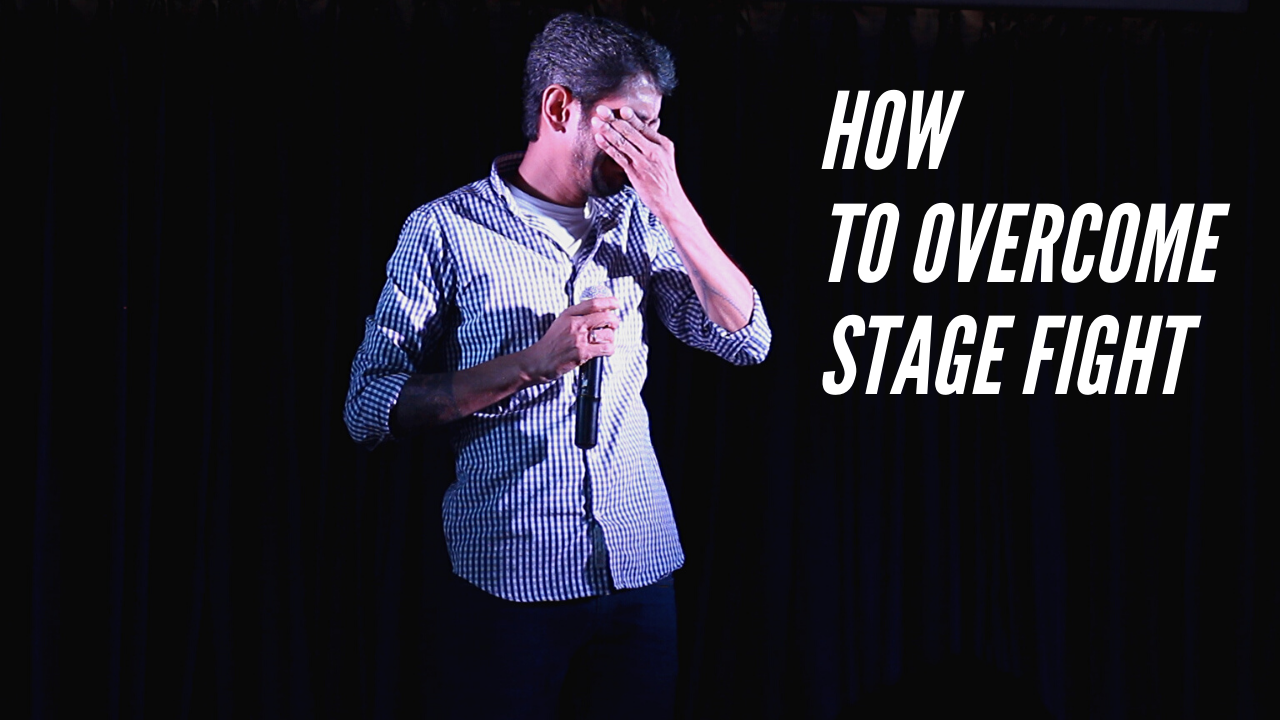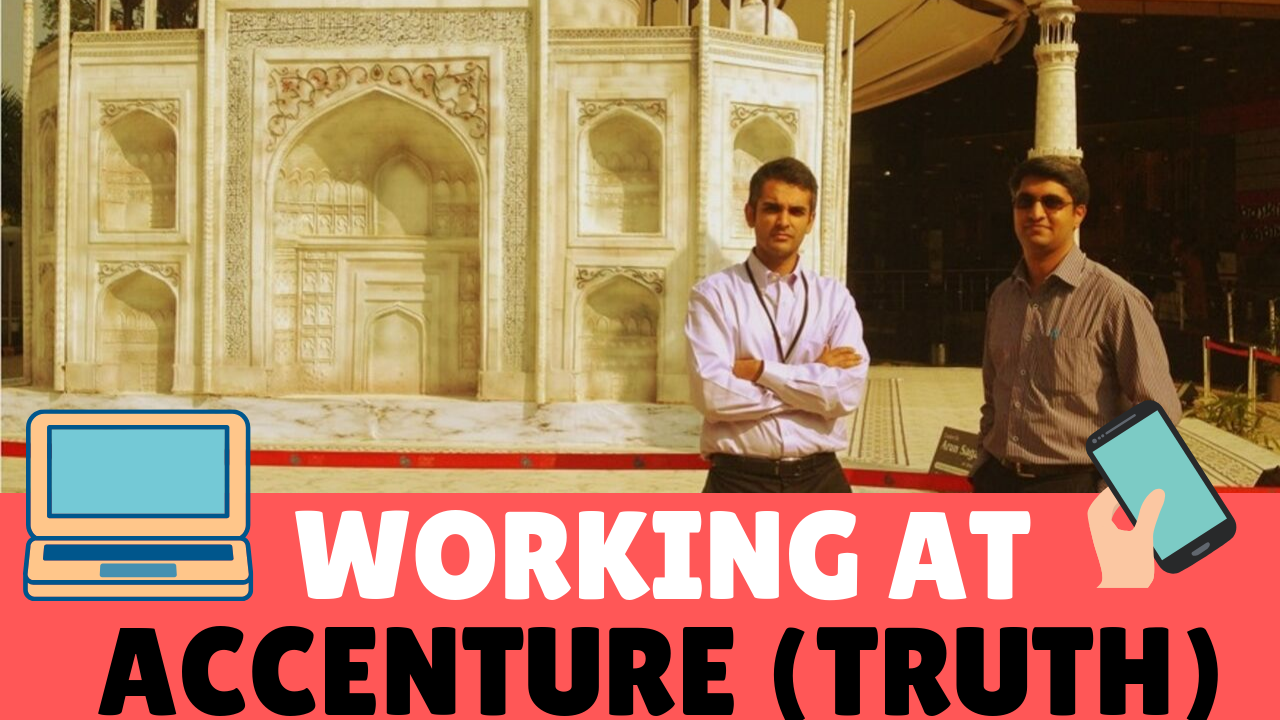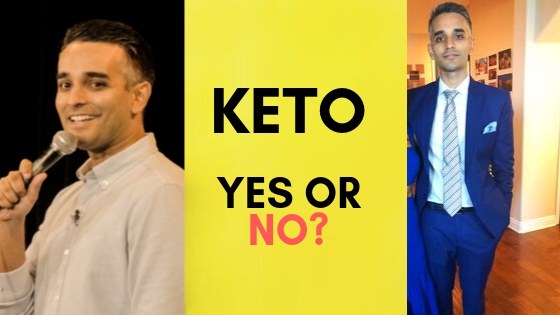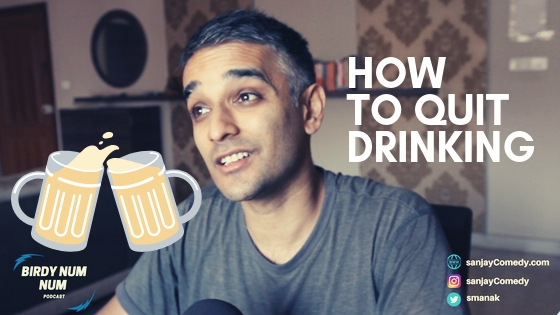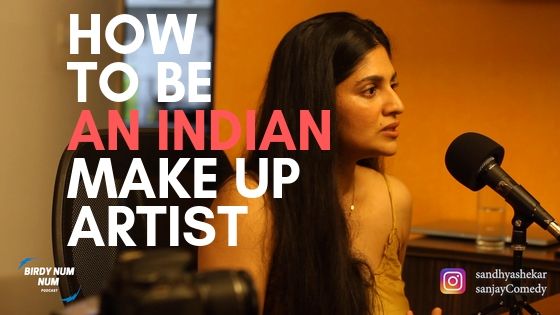Sanjay Manaktala helped start the current comedy boom in India and created the Global Comedian podcast, which was voted by GQ Magazine as a top podcast in the country.
He currently runs the Birdy Num Num podcast, a fresh long-form content show all about inspiring the creative Indian.
Having received hundreds of thousands of listeners on his shows as well as this blog, he charts out the future of podcasting in India along with some advice on who’s currently doing it well in this country in the English space.
Want to know the top podcasts in India you should be listening to?
Podcasts in India are just getting started.

America has demonstrated the power of podcasting platforms like Apple Podcasts, iTunes, Spotify, and Stitcher.
India is now playing as well with Saavn, Audioboom, and others. Soon the Indian players are catching on and it’s going to be a free for all.
As of February 2020, they’re now various Indian long-form podcast shows online about:
- Bollywood talk shows and celebrity interviews
- stand up comedy (hey that’s me!)
- Funny Indian short stories
- Fitness and mental health
- Music and indie music
- Technology and engineering
- Entrepreneurship and Startup
- Dating in India (me again)
- Education
- Lifestyle podcasts
- Financial podcasts (there will be many more in India coming up, just watch, Sensex, nifty, CNBC, yada yada)
- and pretty much any niche you can think of, soon to be multiplied by Tamil, Hindi, Kannada, Punjabi, etc..
As the market heats up, I’m going to list some of my favorite Indian podcasts I enjoy as a millennial in this space.
Well, barely a millennial.
Note: These are podcasts I picked because they actually put out new episodes week to week.
These also aren’t Hindi podcasts because well, I hardly know of many and also, I only know English.

What is a Podcast?
A podcast is an interview or solo audio program (although the video is often released) usually listened to on the phone. It might be a chat show, it might be news or business, but it’s usually of people discussing a topic as broad as Bollywood or as niche as fitness or Indian food.
Since podcasting is still growing in India and Pakistan and Bangladesh/Sri Lanka, it’s important to define what a podcast is for new listeners.

the Future of Podcasts in India
In India, where internet is dirt cheap, podcasts will grow as languages like Tamil, Hindi, Punjabi, Kannada and more start podcasting for all sorts of areas. For example:
- Uber drivers in Odisha might listen to a podcast on fishing
- A factory owner in Rajasthan might listen to a podcast in Marwadi about making money blogging.
- All of India in any language will listen to podcast commentary on cricket.
- There might even be a podcast to teach you English as we saw in that Mithila Palkar movie Chopsticks
- A housewife or househusband may listen to a podcast on cooking Italian food.
- A YouTube makeup artist teenager in Hindi may listen to a podcast on makeup, or start one.
- Or various English podcasts, like short stories in entertainment, Bollywood Gossip, the news, advertising like IVM podcasts have done, mental health like Dr. Shyam Bhat has started (below) etc…

Why are Podcasts in India Growing?
Spotify just came to the Indian market, Saavn and Audioboom are expanding the market in regional languages and all the other platforms are like to “bro we need to do podcasting.”
YourStory: Podcasts globally are becoming a 20 billion dollar Industry.
But nobody really “gets it” yet.
Do you feel me?
Media portals are probably just going to recycle their YouTube as audio clips or try to bank on celebrities opening up about “their struggle moving from Bandra to Colaba” or just rely on guests to keep the momentum going.
*VOMIT*
I’m still figuring it out myself. (And it ain’t pretty).
But they’re people who are genuinely trying.
And you should give them a listen to see what it’s all about. Listen in your Ola, at the gym, whatever.
It will be more productive than that 800th IPL highlight or film song.
India is hungry for intellectual and passive/long-form content other than comedy nights with Kapil, so give yourself a chance to get on board with infotainment rather than settlings for that great Hollywood movie but dubbed on Bindass.
What are the major podcast platforms in India?
As of 2019, the major podcasting platforms used today in India are:
- Spotify
- Apple iOS
- Android or Google Podcast App
- iTunes
- Apple Watch
- Alexa
- Stitcher
- Saavn
- Audible (Free Trial)
In fact for some of my podcasts currently, if I simply look at the last 1000 plays on certain episodes, I can see about 50% are from iOS devices.
Which probably means podcasts are still not a “for the masses” product…yet.
I can also see a massive 40% of plays coming from a certain streaming platform in the last year. Can you guess which platform that is? (Comment below).
How to Start a Podcast in India
The crazy thing about podcasting that took me years to figure out is most people will quit after only getting 3 listeners, and after wasting money on gear they don’t need.
But if you’re serious to invest a year into podcasting, and want to start, you need to:
- Figure out a topic to talk about, whether lifestyle/motivation, finance, dating, cooking, fitness, etc… You can’t just “talk about what’s on your mind” and also nobody will listen if they can’t understand what it’s about.
- Plan ten episodes out. For example, if you were doing a Bollywood podcast you could write:
- Episode 1: Why Bollywood Doesn’t have an Oscar
- Episode 2: Latest movie Review
- Episode 3: Thoughts on SRK Latest interview
- etc..
- Record the podcast into your phone’s audio recorder. Most phones have great microphones these days in a quiet room/dining table, and if you can’t start with that, you have no business buying a professional recorder. Once you’ve got comfortable with a phone recorder, buy a Zoom H4N (Amazon) or similar device.
- Use free software Audacity to edit your podcast.
- Export final mp3 file and use freemium services like Buzzsprout or others.
Best Indian Web Series on Every Major Platform (October 2019)
ALSO SEE: How to Record Stand Up Comedy
How Long Should a Podcast Be?
Ideally, if you’re listening to a podcast of someone solo, between 10 and 30 minutes. Most interview shows are between 30 and 60 minutes, and some such as the Joe Rogan podcast go for 3 hours or more.
Podcast Hosting in India
Once you have your podcast file done, use a service like AudioBoom, or Buzzsprout to upload your podcast and share it with your friends. There will be more coming in the near future, like Saavn, Spotify and more.
MY 2020 SELF IMPROVEMENT READING LIST (AMAZON INDIA)
So What are the Best Indian podcasts? They are:
- Dr. Shyam Bhat – The State of Mind
- Sundeep Rao – the Baby Bed Podcast
- Rupen Paul – the Right Room Podcast
- Comedian Kritarth – Walks of Life
- Kunal Kamra – Shut Up Ya Kunal
- Maed In India – Music
- Morcast – Interview Chat Show
- Cyrus Broacha – Panel on Current Events
- Corner Flag – Football with Indian Point Of View
- The Ranveer Show – Interviews
- Advertising Is Dead – Marketing
- 3 Things – Indian Express
- The Sandip Roy Show
- The Musafir Stories – Travel
- The Indian Startup Show – Entrepreneurship
- BBC’s My Indian Life – Kalki Koechlin
16 Top Indian Podcasts of 2020.
As of February 2020, these are the best Indian podcasts and why they’re on this list.
1. Dr. Shyam Bhat – the State of Mind Podcast (Mental Health)
Shyam Bhat runs the Live Love Laugh foundation with Deepika Padukone and also is one of the most well known mental health professionals in India.
His advice is so sound and his voice so smooth you won’t even realize you’re improving your life.
Why so dreamy bro? Even if you’re into an Indian spiritual type of podcast, what I love is Shyam is a doctor and doesn’t go all religion/spirits off the bat.
It’s for people who just want to get a hold of their mind, plain and simple. Especially in chaotic India.
It’s never been crazier to be a middle-class Indian, not because we’re patting ourselves on the back for being so stressed but because social media, Swiggy, Bollywood, and pitfalls of modern society have a unique impact on Indian’s that other middle classes may not. (e.g. I used to clean the house when I got stressed in America, now I just stare at my maid and also have a harder time helping myself).
Shyam also answers questions on the video comments and is highly engaging with these topics. He simplifies things like depression into something the common person can understand without fear of judgment.
2. the Baby Bed Podcast with Sundeep Rao (Explicit)
Bangalore based comedian (and my friend, disclaimer) Sundeep Rao is India’s only partially blind stand up comedian but also what a Radio voice this EX-RJ from Radio Indigo has.
I love his take on evergreen topics and he keeps guests to a minimum.
I think too many podcasts in India (mine included) rely only on guests instead of building the artists voice which takes years.
You know Bill Burr did like 500 episodes by himself before we even knew their name right?
And he would call into some phone service to record his podcast, straight up like a ghetto voicemail.
So what’s your excuse to only have guests? Podcasts are a great way to figure out your voice and communication! Sundeep’s topics aren’t always clear from the titles but listen to this episode below and you’ll likely be hooked on his candid way of speaking and his hilarious puns.
Oh the puns! One of my faves!
3. The Right Room Podcast (Interviews with Experts)
Rupen Paul has been working hard at stand up comedy in Bangalore and his Indian podcast is one of the most consistent I’ve seen.
He just started doing new episodes by himself and also reaches out to interview guests from across the world, which I love.
It’s occasionally Indian comedy lessons but also a lot of random topics like:
- middle-class Indian problems
- mental health,
- hustling and working hard
- Things people between 21 and 35 need to hear.
- Social media addiction
4. Comedian Kritarth Srinivasan | Walks of Life Podcast (Alternate Careers)
Kritarth is onto something with his interview series about Indian leaders doing cool careers, and as each episode is different, all I can say is you will find something is so close to home it freaks you out.
A guy who left his Green card to open up a restaurant in JP Nagar? Check.
A girl who designs cartoons after working at Infosys? Check.
Those are examples but you get the idea. Do check it out and find yourself in one of these episodes. And make sure you drop a review on iTunes or whatever platform you use that takes ratings.
5. SHUT UP YA KUNAL KAMRA (Hindi, Politics)
I’m happy to see somebody who doesn’t care about money and fame (I think) getting success in doing something so natural.
Although I personally am not into politics these days, because I think we no longer consume news, we consume anxiety, it’s nice to see someone take the mainstream on its head and do exactly what podcast is meant for…long form honest content with hardly any crazy edits.
As Kunal is having a great year and an even better diet, (see us together on this podcast while it’s up), I’m happy to see real conversations with figures the media keeps poisoning our perception of.
Also Read: Best Indian Shows on Amazon Prime
Also Read: Best Indian Shows on Netflix
6. Maed in India | Mae Mariam Thomas (Music)
Added July 12th, 2019: I’ve known Mae since the early days of comedy clubs in Mumbai. She’s a heavyweight voice in the radio scene with a long history and an amazing personality that always has a smile on her face.
You light up the room dude! I know it’s been some years but glad to see you grinding!
India’s Indie music scene also has it’s own quips and quirks, where mainstream success alludes a lot of people but at the same time, brands and those who “are in” love to be part of the cool subculture.
Mae seems to blend both in this rapidly growing podcast that I’ve been hearing so much about. Reminds me of KEXP YouTube with an Indian twist and I love it and hope it grows (along with my own LOL).
7. Morcast (Chat Show)
Anshu Mor is an older comedian who started later in life, but I’ve been observing his grind the last few years.
He works harder than most younger guys and this podcast is evident of how hard he’s trying.

He has a nice style and candid demeanor and I see a future Atul Khatri in the making. (I mean that as a compliment, not an insult LOL).
Keep it up bro. This episode with Kubra Sait opening up about working in the Bollywood Industry, Sacred Games, her journey and so on is honestly what podcasting is all about.
Long-form honest content that is both vulnerable and unfiltered and highly engaging.
8. Cyrus Broacha Says (Panel)
Hello Hello Cyrus. Please also let other people speak though.
I love this because he’s been at before it was cool and continues to just do his thing despite all his other media commitments. This Indian news and pop-culture podcast talks about everything under the sun and it’s quite engaging to hear them all go at it. (That’s another trick with podcasting, is to learn how to not step on each other’s conversations).
I personally don’t think podcasts in India need to have the full studio setup (you can hack studio sound in your dining room if you learn what you’re doing) but regardless, it’s great how they jump right into whatever topics and guests. I see you, Abbas, also.
Most entertainers who try to do podcasts don’t realize it’s gotta be raw, casual and metaphorically in your chaddis and I just love the tone they took in the studio with buddies hanging out.
RANT: What annoys me the most is people who try to start podcasts and gel their hair and treat it like some super fake/produced show. Ufff. I don’t need to see fairy lights in the background at 1.8 aperture with Ananya Pandey telling me what she ate for breakfast. Podcasts should feel honest and intimate or casual, not put on as a marketing exercise. I don’t care about Quinoa Shilpa Shetty.
That’s not podcasting! (But it still gets views…sigh).
Find a cool topic that’s at least somewhat interesting and drill into some honesty!
Ok rant over, check out this clip from Cyrus Says which is also by one of the main podcast studios in Mumbai, IVM podcasts. I hope things pick up in this medium! (LOL and I hope a good chunk stays in English for those of us who only communicate in that).
But even if more Hindi podcasts catch wind I guess that’s a good thing overall. As they do, you’ll start seeing your Uber driver listening to a chat show about India’s next space mission, or maybe your maid listen to someone talk alternative careers. The scope will be quite cool!
Speaking of Being Honest about yourself, If You Care What People Think, Think again.
WHY COMEDIANS SHOULD ALSO PODCAST
9. The Corner Flag (FOOTBALL)
Indian fans of the European and Worldwide football can rejoice in this chat show about sports with comedian Amogh Ranadive.
If you like hearing commentary on the latest Premiere league (or other) antics with an Indian twist this might just be the Indian chat show for you. I personally don’t follow sports at all (not even Cricket, sorry) but if you enjoy hour long discussions on the latest sports gossip give it a go!
10. The Ranveer Show
Popular YouTuber BeerBiceps who I discovered through my buddy BeYouNick (another funny sketch channel) initially started as a fitness channel but is not moving into longer form content about unique stories and life advice.
He has naturally collaborated with others in the YouTube space but now also interviews people who have unique Indian stories about money, entertainment, finding your passions and more.
11. Advertising Is Dead
Varun Duggirala discusses all things marketing in this podcast about advertising, digital India, marketing, agency life and a bunch of other topics that those in the ad worlds of Ogilvy and the like would enjoy.
It was also Ogilvy who said that your headline is 80 cents on your dollar and these guys know that with engaging episode titles that will surely make you want to listen!
12. 3 Things – The Indian Express Podcast
Wow, over 600 episodes! But thanks to being in the news genre there is always content and these folks deliver on a daily episode that either recaps the news or goes deep on a few key Indian stories.
In a time of dwindling journalism and unethical media it’s nice to see some folks still grounded in educating the country on what matters! While still recognizing most of us only have the patience for three things!
13. The Sandip Roy Show
Another gem from the Indian express from a veteran journalist trying to make sense of the good parts of the world in another wise crowded and noisy world.
Intelligent conversations with engaging momentum. Perfect for the weights after the treadmill or on those one hour Delhi to Mumbai flights!
14. The Musafir Stories
India has so much to see it’s a shame most poeple just go to the Taj Mahal and bounce.
This is one of the best Indian travel podcasts whether you’re a mountain baby or just a city dweller looking for some audio relief and travel ideas.
15. The Indian Startup Show
UK based NRI Neil Patel talks to key Indian people from across the world doing interesting things in entertainment, finance, startups and pretty much anything non-conventional.
If you’re looking for a podcast on Indian entrepreneurs this is it and it’s updated pretty frequently.
16. BBC and Kalki Koechlin – My Indian Life
YouTube comments are a little polarizing depending on the topic but a well produced show makes for an interesting intersection of society and East meets West with a well known name in Bollywood.
Kalki Koechlin is well known in the cinema circles and also on newer progressive topics, and it’s easy to see why here.
Conclusion
Read Next: Alicia Souza gets Real on Being the top Graphic Designer in Indias (Podcast)
Dating in India: 3 Questions We All Face
Best Indian Web Series on All Major Platforms
Any other podcasts you want on this list I don’t know about?
What do you personally think are the best podcast to listen to in India? Or even in South Asia?
Do comment below or DM me on Instagram and I’ll have a look.
But ideally, comment so I know you read this. I simply ask that these podcasts are updated regularly.
If you really want to chat, also tell me WHY these podcasts are interesting (e.g. more than just they talk to Bollywood celebs).
Happy listening!
Sanjay Manaktala is one of the top stand up comedians in India who started building the comedy community in the country back in 2010. Since then his stand up comedy videos and podcasts have helped millions laugh or get motivated. His latest effort is the Birdy Num Num podcast, helping you learn creativity in life after engineering. You can learn about Sanjay here or check out his YouTube channel here.








